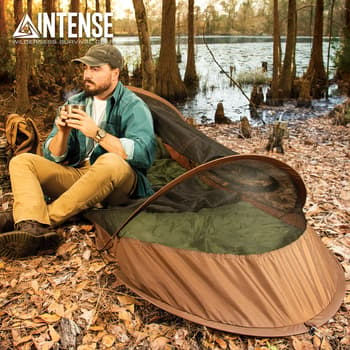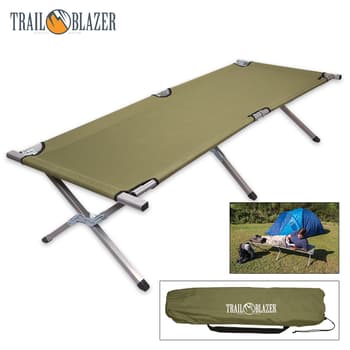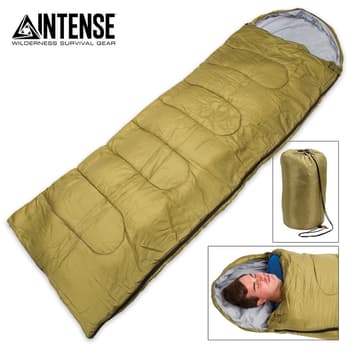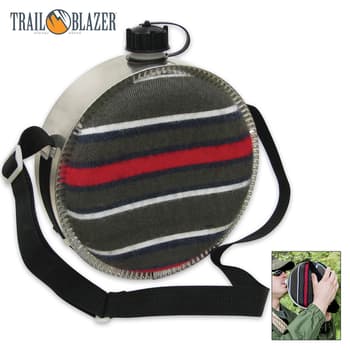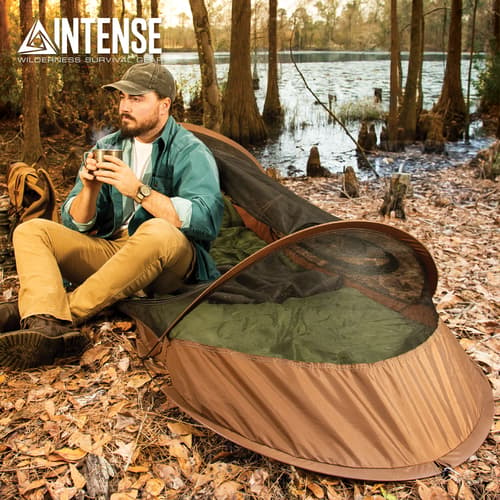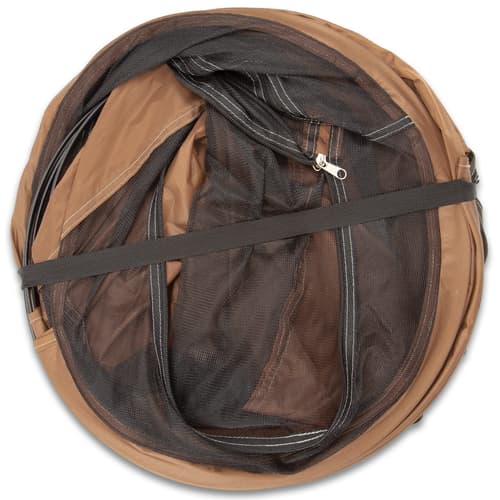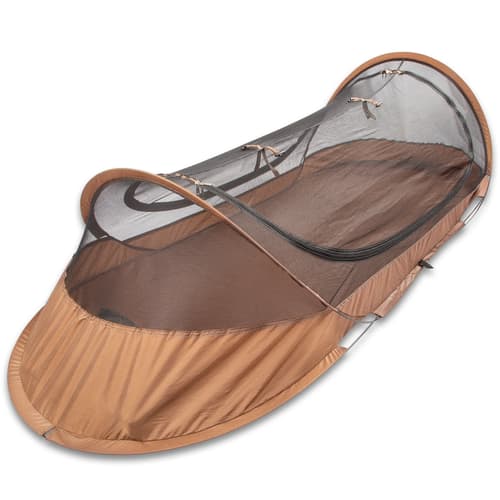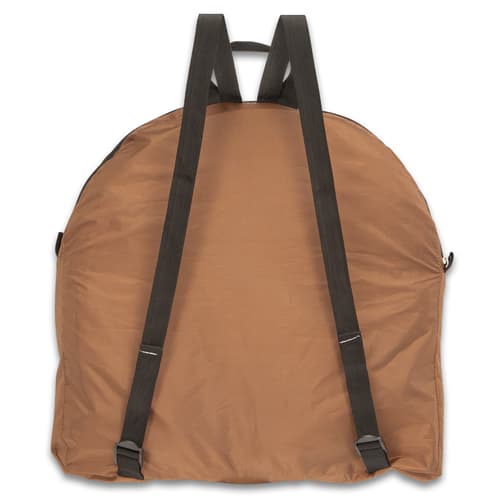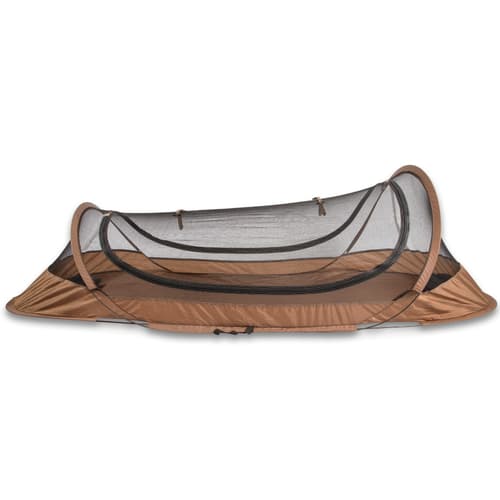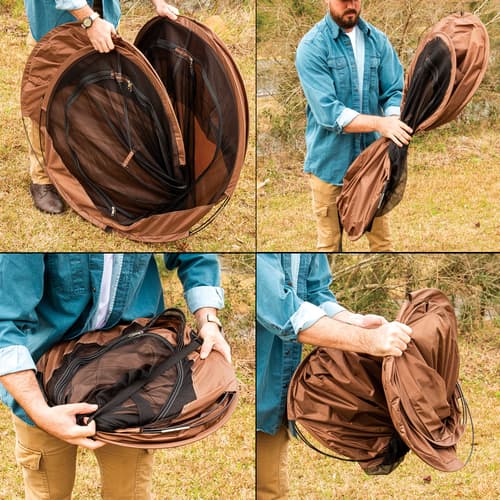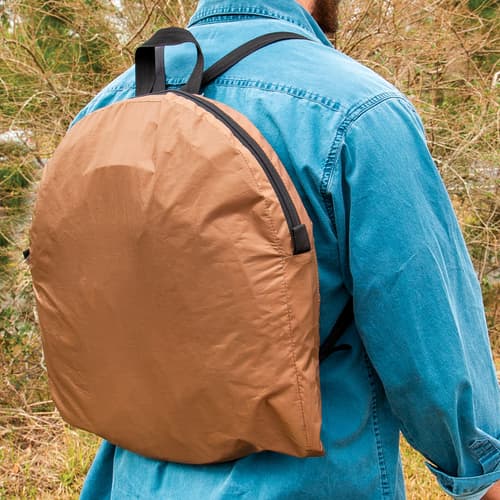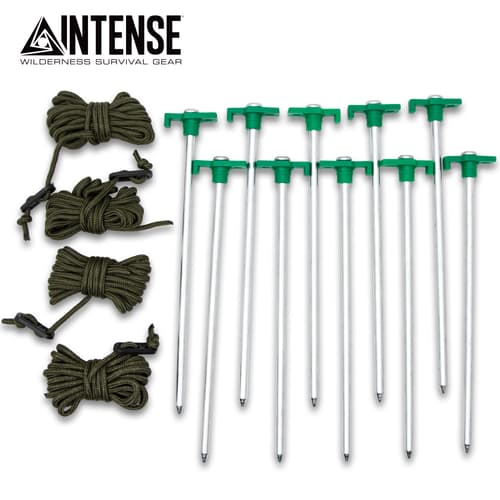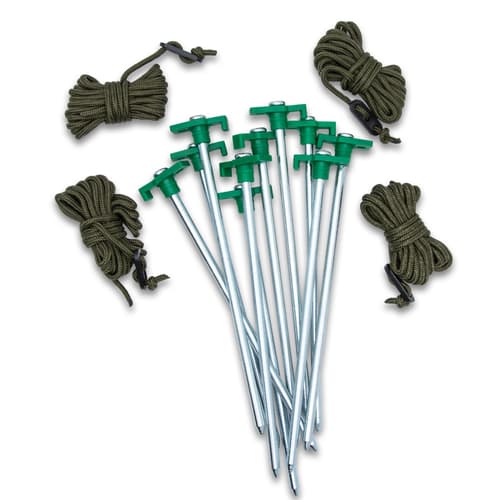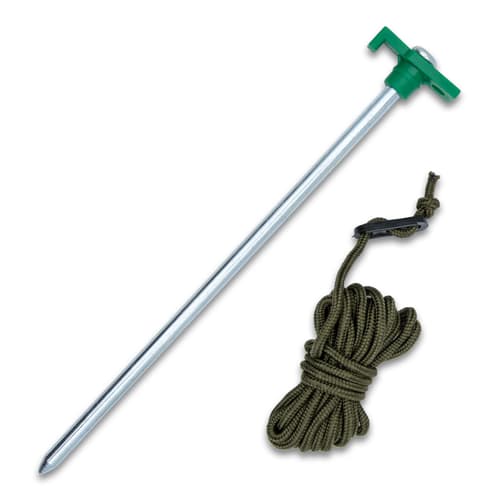What Are The Types Of Camping?
What Are The Types Of Camping?

By Adelia Ladson
Types Of Camping
You’re feeling the call to get out into nature. So, you’re thinking of going camping. Where do you start if you’ve never done it before? Well, the first decision that you need to make is what type of camping are you up for? Believe it or not, you have a few options.Tent Camping
Tent camping is the most common and simple form of camping, especially, suitable for families and can provide great family memories. Basically, you look for a place to camp whether a state park or a commercial campground. Usually, you rent a campsite to pitch your tent and build your campfire, unless a fire-ring is provided and that makes it even simpler. The key to having a good experience is being prepared with the right gear. Start with a suitable tent and sleeping bags. Make sure that your tent is rain-resistant or has a rainfly just in case a rainstorm pops up unexpectedly. However, you should always check the weather before going camping and also have a good weather radio to take with you. Most importantly, you also need to bring a good first aid kit.
As far as meals go, it depends on how long you’re going to be out and where you’re camping at. If you’re doing a weekend trip, you can pack any perishable food in a cooler and then replace the ice at a convenience store in the area or at the campground office. If you’re planning on camping for a week, you need to look at meals that don’t need refrigeration like freeze-dried meals. Then, you need to bring along camp cookware like a firestarter, utensils for cooking and eating and pots and pans, which can be found in compact, nested sets. It almost goes without saying that a razor-sharp knife needs to be a part of your camp cooking gear.
Typically, on a state park or campground campsite, there’s going to be access to running water. Make sure to include a couple of large containers to carry it in to use for washing dishes and people. For drinking, you can bring your own cases of bottled water or choose the less bulky option of a portable water filter system like the Membrane Solutions Three-Liter Gravity Water Filter Bag and Straw.
These are only the very basic tent camping needs to start planning with and you can find many camping accessories that will assist you in your camping trip like camping lights and camping hatchets. Tent camping can be a wonderful outdoor experience for your family with roasting marshmallows around the campfire and taking advantage of the recreational activities available at the park or campground. Once again, the key is to be prepared with the right equipment for the location you’re going to be camping in.
Backpacking
Backpacking is a great way to explore an area like a national wilderness area or a trail. This type of camping is where you are hiking with all of your camping gear on your back and stop to camp along the way. Depending on your chosen hiking route, you could spend a week to a month. When you’re just starting out, you could just be hiking into one campsite location, staying overnight and then hiking back out. So, the first thing you need is a good backpack to efficiently carry your camping gear. The rule of thumb is that a person should be able to carry about 25% of their weight comfortably while hiking. There is no room for non-essentials because you have to be able to carry the backpack day-after-day without over-fatiguing yourself. I suggest the M48 Camping Backpack. The reason being is that it come with a nylon fabric rain cover to assure all your gear stays dry. The backpack has an extra-large, nylon material lined main compartment with a drawstring top and a smaller inside compartment, also with a drawstring top, as another layer of water-resistance. It also has a zippered bottom, allowing access to the main compartment, and an internal metal frame for structure. Then, you need to get an ultra-light tent or covered travel hammock that can be attached and carried on your backpack, and you need an ultra-light sleeping bag, too.
You also need some cooking tools like a firestarter, something to boil water in and eating utensils. Since you’ll be eating freeze-dried meals, you really don’t need to have more than that. As your backpacking trek should be in an area where there is a source of water like a lake or river, you need to add a personal water filter and a small water container to your gear. An absolute necessity to your backpacking gear is a small first aid kit like the Elite Hikers First Aid Kit.
When it comes to backpacking, many people like it for its solitary nature and the chance to enjoy the wild on their own. It’s absolutely important that, when making your plans, that you let someone know the route that you’re taking just in case something happens.
Canoe Camping
Basically, canoe camping is a lot like backpacking except for all of the walking. Instead, you’ll be trekking on a river and stopping to camp along the way. Canoe camping offers a view of nature from a different vantage point and the option of fresh fish cooked over a campfire. You will bring the same gear that you would pack in a backpack, adding fishing tackle. You just need to make sure that you’re bringing equipment that’s water-proof or in a water-proof container. Gallon, zip-top plastic bags make a great way to water-proof gear.
It’s highly recommended that you always go with another person because the risks are greater when you’re in a canoe out on a river. Also, you need to check the weather right before you get out on the river because rain can change the character of a river. Have a back-up plan and an emergency exit place so that you can get out of the water quickly, if necessary.
RV Camping
Many people consider this “glamping” and not legitimately a type of camping, but it does have merit, especially, if you have younger children or grandparents along for the trip. RV camping allows you to travel from campground to campground so that you can see several areas during your trip. Many people enjoy traveling from coast to coast or through several states to see different parks and sites and the mobility of an RV lets them do just that. Basically, you’re just packing everything you need when you go on a vacation and add to that a supply of food. If you’re going to be parked on a site where you can have a campfire or there’s a firepit, don’t forget to bring your firestarter or matches. You can also add to that camp chairs and other non-essential items since storage space isn’t going to be an issue. It will essentially be your “home away from home” with all of the amenities.
One of the main advantages of RV camping is that rainy weather isn’t that big of a deal because neither you nor your gear will be getting wet. You’re also protected from insects and creepy crawlies since you’re not sleeping on the ground. However, if you’re looking to experience nature on a more personal level, this will give you a very, very limited experience.
